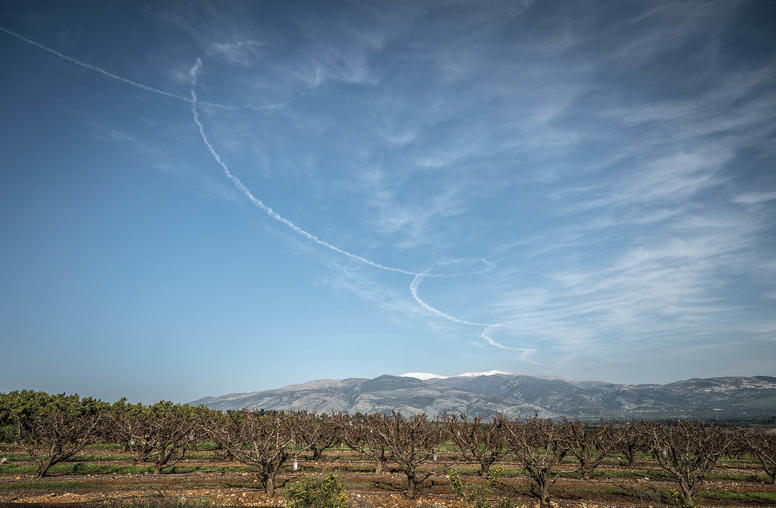Mona Yacoubian
Contact
Please submit all media inquiries to interviews@usip.org or call 202.429.3869.
For all other inquiries, please call 202.457.1700
Mona Yacoubian is vice president of the Middle East and North Africa center at USIP. She brings more than 30 years of experience working on the Middle East and North Africa. Her work has centered on conflict analysis, governance and stabilization challenges, and conflict prevention.
Since returning to USIP as a senior advisor in 2017, her work has focused on Syria, Lebanon and Iraq. Additional research interests include Russia’s role in the Middle East and violent extremism. In 2019, she served as executive director of the Congressionally-appointed Syria Study Group, which USIP was mandated to facilitate.
Yacoubian joined the U.S. Institute of Peace after serving as deputy assistant administrator in the Middle East Bureau at USAID from 2014 to 2017, where she had responsibility for Iraq, Syria, Jordan and Lebanon. Prior to joining USAID, Yacoubian was a senior advisor at the Stimson Center focusing on the Arab uprisings with an emphasis on Syria. Prior to joining the Stimson Center, she served as a special advisor on the Middle East at the U.S. Institute of Peace, where her work focused on Lebanon and Syria as well as broader issues related to democratization in the Arab world. From 1990 to 1998, Yacoubian served as the North Africa analyst in the State Department's Bureau of Intelligence and Research.
Yacoubian was a Fulbright scholar in Syria where she studied Arabic at the University of Damascus from 1985 to 1986. She has held an international affairs fellowship with the Council on Foreign Relations (CFR) and is currently a CFR member. She earned a master's in public administration from Harvard University’s Kennedy School of Government and a bachelor's in public policy from Duke University.




